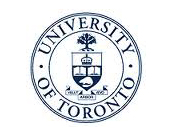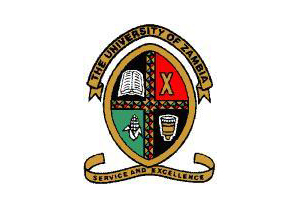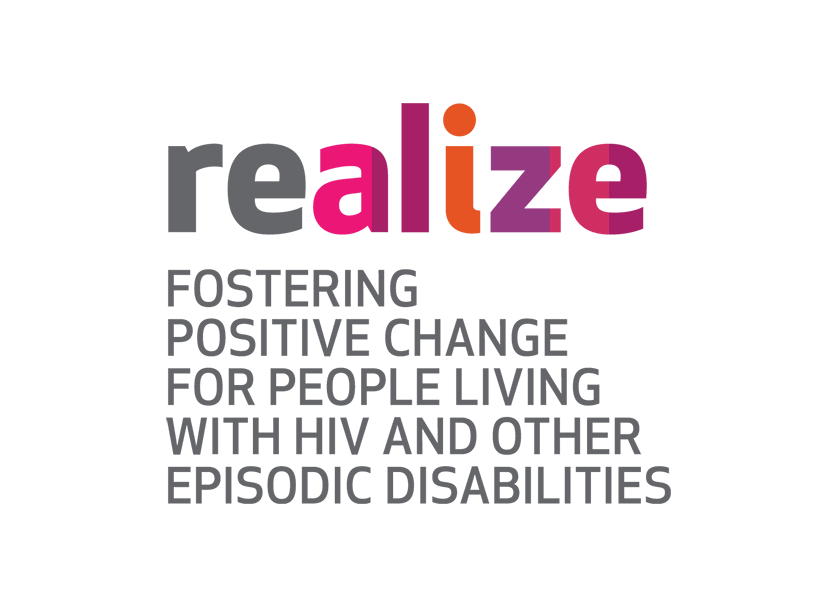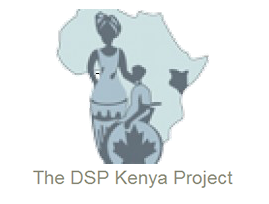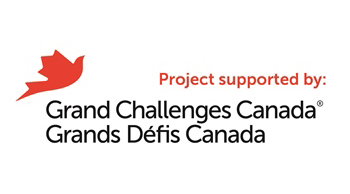3.4 – What do rehabilitation providers need to know about their patients' beliefs and use of traditional healers, spiritual leaders and alternative therapies outside the formal medical system?
There is great diversity of ethnic, cultural, language and religious groups throughout sub-Saharan Africa. Health beliefs are closely interwoven with communities' cultural and religious practices. It is vital that rehabilitation providers are aware of the influence of these beliefs on understandings of health and illness, which can affect uptake of (and adherence to) rehabilitation and medical advice.
Traditional healers
Sub-Saharan Africa is the region of the world most affected by HIV; it is also a region in which most people turn first to traditional healers when they fall ill. In this region, traditional healers outnumber medically qualified doctors eighty-to-one.33 Traditional healers play an important role in responding to the HIV epidemic. Although few traditional remedies have been scientifically tested, it is possible that some of the advice and remedies given by traditional healers are effective in treating HIV-related opportunistic infections and drug side effects. However, like all medicine, these therapies may also do harm through side effects, drug interactions, or delaying use of conventional treatment (ARVs).
When ill, individuals in sub-Saharan Africa will often visit a traditional healer before, during or after seeking help from doctors or other health care professionals. Furthermore, when they do receive Western treatment such as ARTs, adherence can be compromised due to conflicting messages they may receive from a traditional healer. Lack of understanding of HIV pathology is a further concern, in one study 21% of 233 traditional healers in KwaZulu-Natal, South Africa, wrongly believed there is cure for HIV.34
It is important that rehabilitation providers work with traditional healers, where possible, both to understand what they do and to educate them regarding the importance of adherence to both medication and rehabilitation for people living with HIV. Collaboration between traditional healers and rehabilitation providers has the potential to improve safety (e.g., by encouraging better hygiene, and adherence to prescribed treatment). Training can also assist traditional healers in identifying illnesses beyond their capacity to treat, hastening referral to a clinic when necessary. A number of organisations (e.g., THETA in Uganda, TAWG in Tanzania, PATF in Zambia, and the iTeach Programme in South Africa) have demonstrated the benefits of collaborating with traditional healers in HIV prevention and care.
Spiritual leaders and religious beliefs
Throughout sub-Saharan Africa, spiritual leaders are revered by large sections of the population and their advice and teachings are often strictly followed. There is an extremely wide array of both indigenous and orthodox religious belief systems throughout Africa many of which work in harmony with the health care system. However, many may be in conflict with Western medical advice. Some spiritual leaders may advocate that patients avoid or cease medical treatment and rehabilitation and instead, adhere only to the beliefs of their religious sect in order to be "healed" of the virus. This may result in issues of non-adherence to ARVs and associated exacerbation of patients’ impairments. For example, among a prospective cohort of 442 people living with HIV in Tanzania, 56% sought a cure from a religious healer and their adherence to (ARVs) dropped greatly after the visit.35 Rehabilitation providers must collaborate with spiritual leaders, providing advice and education where appropriate, in order to maximise the outcomes of treatment and rehabilitation.
Alternative therapies
Alternative therapy practitioners (excluding traditional healers) are less widespread in sub-Saharan Africa than elsewhere, particularly outside of urban areas. Alternative therapies can be divided into five main categories:36
- Whole medical systems (such as Ayurvedic medicine and homeopathy)
- Mind-body medicine (such as yoga and tai-chi)
- Biologically based practices (such as herbal remedies, vitamins and minerals)
- Manipulative and body-based practices (such as chiropractic and reflexology)
- Energy medicine (such as Reiki and acupuncture)
Rehabilitation providers may employ several of these techniques (including tai-chi, yoga and acupuncture) and similarly, alternative therapists may employ techniques used by rehabilitation professionals. It is vital that rehabilitation providers and alternative therapists collaborate wherever possible, to ensure the best possible treatment for people living with HIV.
Who pays for these therapies?
The spiritual, traditional and alternative healers described above, in most cases, fall outside of public healthcare systems in sub-Saharan Africa. Additionally, private healthcare institutions and insurers often provide little or no coverage for these practices. This can place additional financial strain on people living with HIV who seek advice and treatment from these healers.
33Mills E, Singh S, Wilson K, Peters E, Onia R, Kanfer I.. The challenges of involving traditional healers in HIV/AIDS care. Int J STD AIDS. 2016 June;17(6):360-3 .
34Peltzer K, Mnqundaniso N, Petros G. HIV/AIDS/STI/TB knowledge, beliefs and practices of traditional healers in KwaZulu-Natal, South Africa. AIDS Car. 2006;18(6): 608-613.
35Thielman NM, Ostermann J, Whetten K, Whetten R, Itemba D, Maro V, Pence B, Reddy E, CHAT Research Team. Reduced Adherence to Antiretroviral Therapy Among HIV-Infected Tanzanians Seeking Cure From the Loliondo Healer. J Acquir Immune Defic Syndr. 2014;65(3):e104-109.
36AVERT. Alternative HIV treatment. 2014. Available at: http://www.avert.org/ alternative-hiv-treatment.htm

 Previous Page
Previous Page
